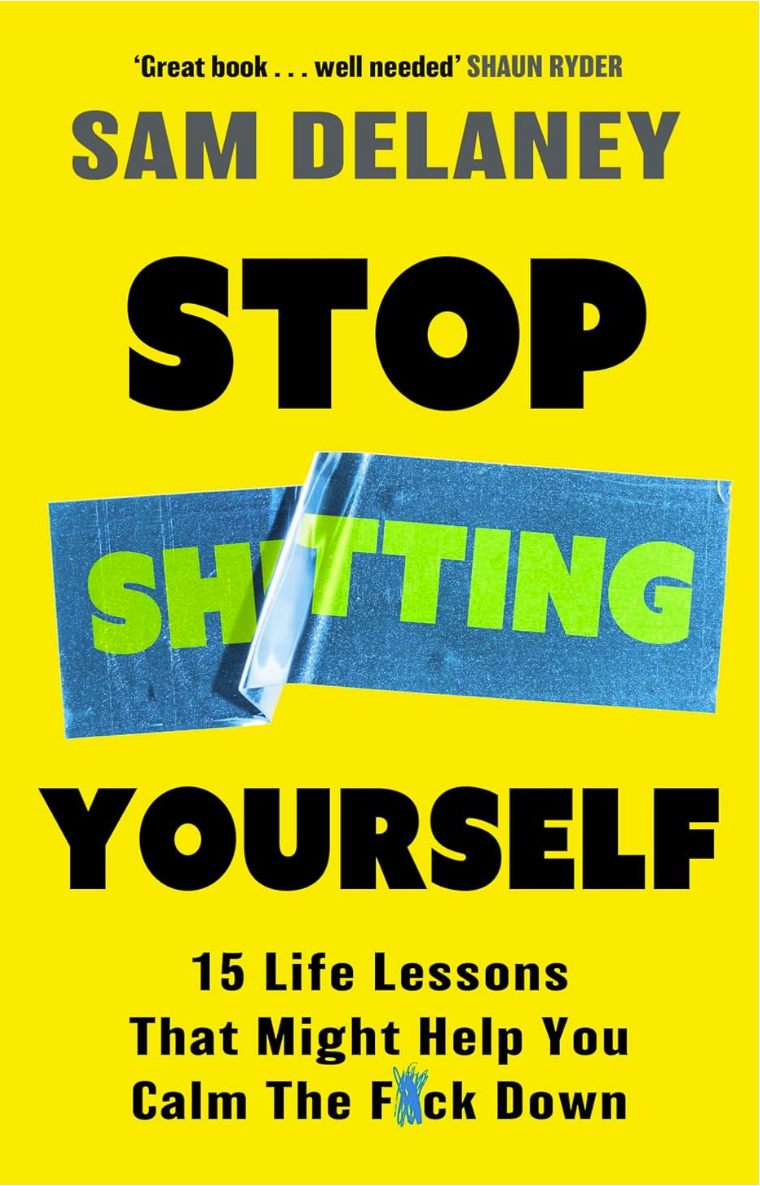I’ve tried my hardest to avoid AI. My wife works in publishing and tells me it will crush creativity and culture, silence human voices and – most worryingly of all – impact our household income. As a ‘content creator’ myself (bleurgh) I am aware I should be afraid of the threat posed to my career by robots.
Once, out of curiosity and egotism, I tasked ChatGPT with creating a piece of writing in the style of Sam Delaney. Reading it back made me hate myself even more than usual. It was obnoxious and trite, full of cliche and deeply unwarranted self-satisfaction. I choose to believe that AI was incapable of accurately impersonating the nuance and subtlety of my prose. But perhaps I was just unable to face the stark reality of my own reflection.
- Artificial Intelligence is no match for the human heart
- Supermarkets replaced humans with machines – they shouldn’t be surprised shoplifting is rife
- The middle class sucked the fun out of owning a dog and football. What’s next?
You might well be suspecting the words you are reading right now have been generated by artificial means. Don’t worry, I would never rip off Big Issue like that – it’s a great magazine with an important mission and I will always make it my business to deliver articles created exclusively by my own brain and fingers.
I read that a growing number of young people are now turning to AI for therapy. I was initially cynical. From my experience, therapy is all about making a connection. The advice you receive from one therapist to the next might not differ hugely. It’s the tone of the therapy that makes all the difference. When I first saw a therapist, I was dubious at the prospect of a German-sounding egghead asking me about my mother. It all clicked into place when I met someone who spoke the same language as me. She swore, she laughed, she shared experiences that were similar to my own. This disarmed me, removed fear of judgement and made the experience feel like a useful and enjoyable chat. I didn’t think that sort of chemistry could be recreated with a computer.
Get the latest news and insight into how the Big Issue magazine is made by signing up for the Inside Big Issue newsletter
But, in the interests of thorough research, I decided to try it out. Just prior to writing this piece, I went onto an AI platform and asked simply: ‘Can you be my therapist?’ The platform replied it would be happy to try to help me with my problems but reminded me that it was not a professional and that I should seek out a trained human if I was in any serious drama. I was impressed by its honesty. I started pitching it some of my current sources of anxiety. I readied myself for generic platitudes.







